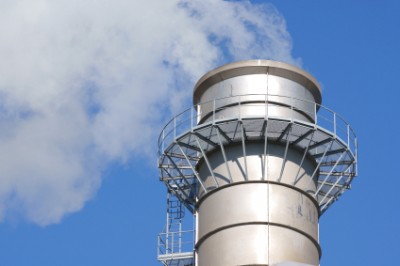THE ENVIRONMENT
The combustion of fossil fuels contributes to two environmental problems of concern to Nunavut; Climate Change [CO2, NH4, N2O] and Local Smog [NOX]. Energy Efficiency and the use of clean Alternative Energies reduce the emissions that contribute to these environmental problems.
Greenhouse Gases
Along with producing dollar savings, energy conservation also reduces greenhouse gas (GHG) emissions. In Nunavut, this especially applies to electrical consumption and fuel oil savings. Both electricity and fuel oil production are dependent on fossil fuels. By reducing their consumption, greenhouse gas savings will be reduced in turn. The Major capital measures in the Iqaluit Pilot Project are projected to produce annual GHG savings of 1,590 tonnes, the Low Cost / No Cost energy management actions could contribute a further 300 to 400 tonnes. The GN also converted the heating systems in three buildings to use the waste heat from Quilliq Energy Corporations electrical generators, which reduced GHG a further 1,790 tonnes of CO2e. All in all, it is expected that the GN will reduce GHG by more than 21% in its pilot buildings.

Ground Level Ozone (Smog)
All of the measures included in the Pilot Project reduced the NOX emissions, which contribute to smog.
